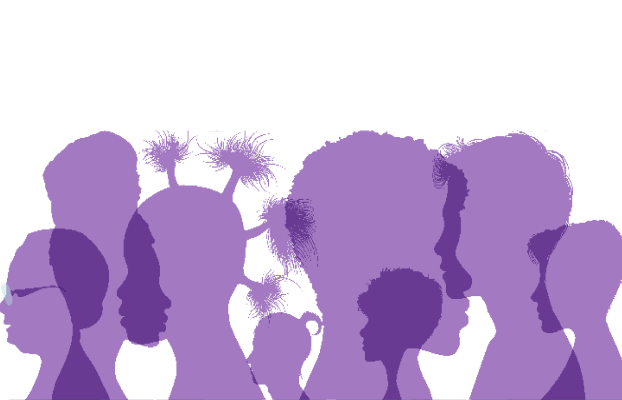Assessment is a major driver of student learning but is also a source of considerable anxiety for many students. Poorly designed assessment strategies can act as a barrier to learning, and potentially reinforce educational inequalities. Inclusive assessment goes beyond the provision of reasonable adjustments for individual students with disabilities, towards a model where flexibility of assessment is available for all (Waterfield and West, 2006). Inclusive pedagogy also requires effective use of feedback and feedforward. All students benefit from having a clear understanding of the strengths and weaknesses of their work and be able to identify how to improve their performance in future assignments. Inclusive assessment and feedback processes are also mindful of student anxieties and provide constructive support for students in demonstrating their learning (Winstone and Nash, 2016).
An Inclusive Assessment and Feedback approach will:

